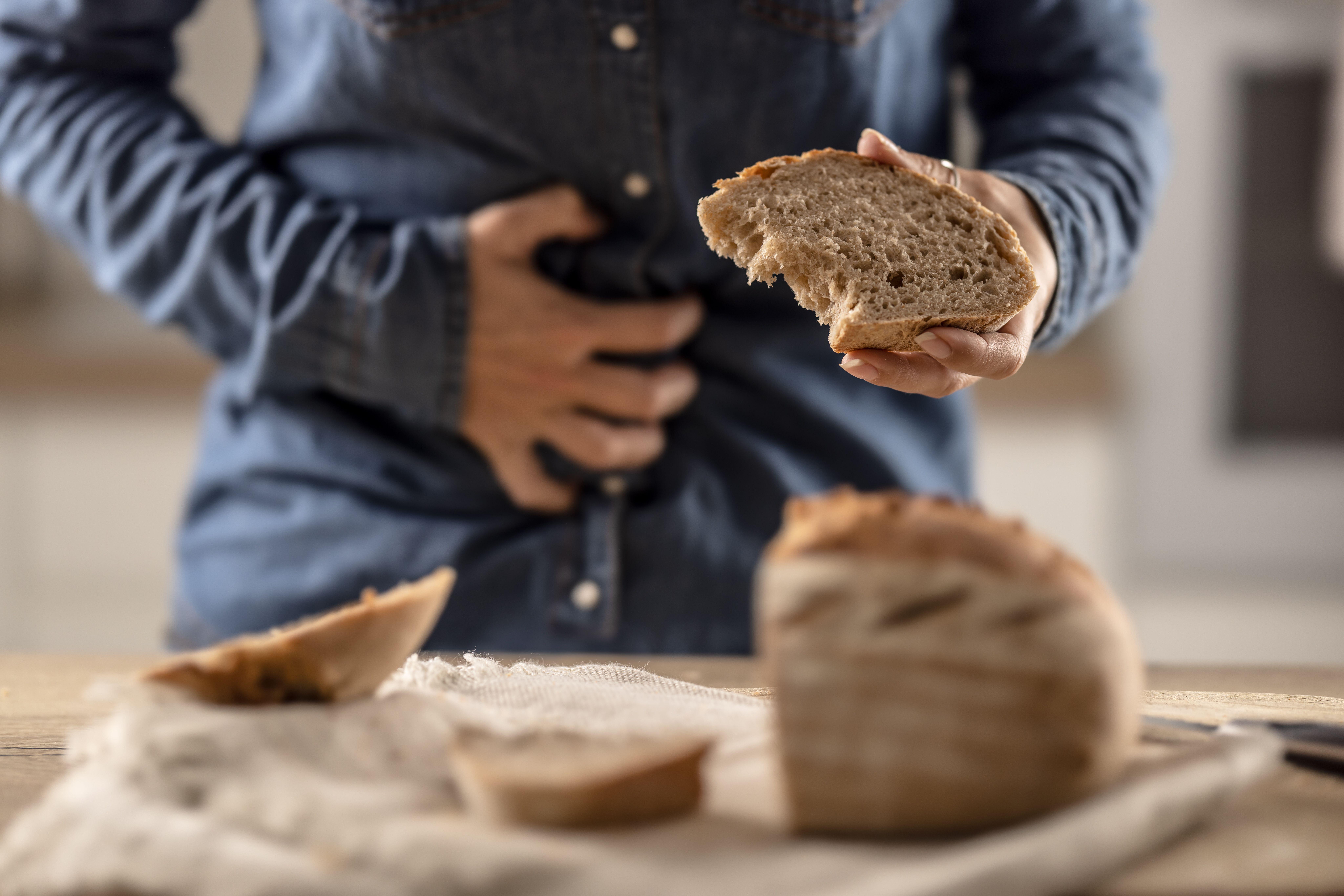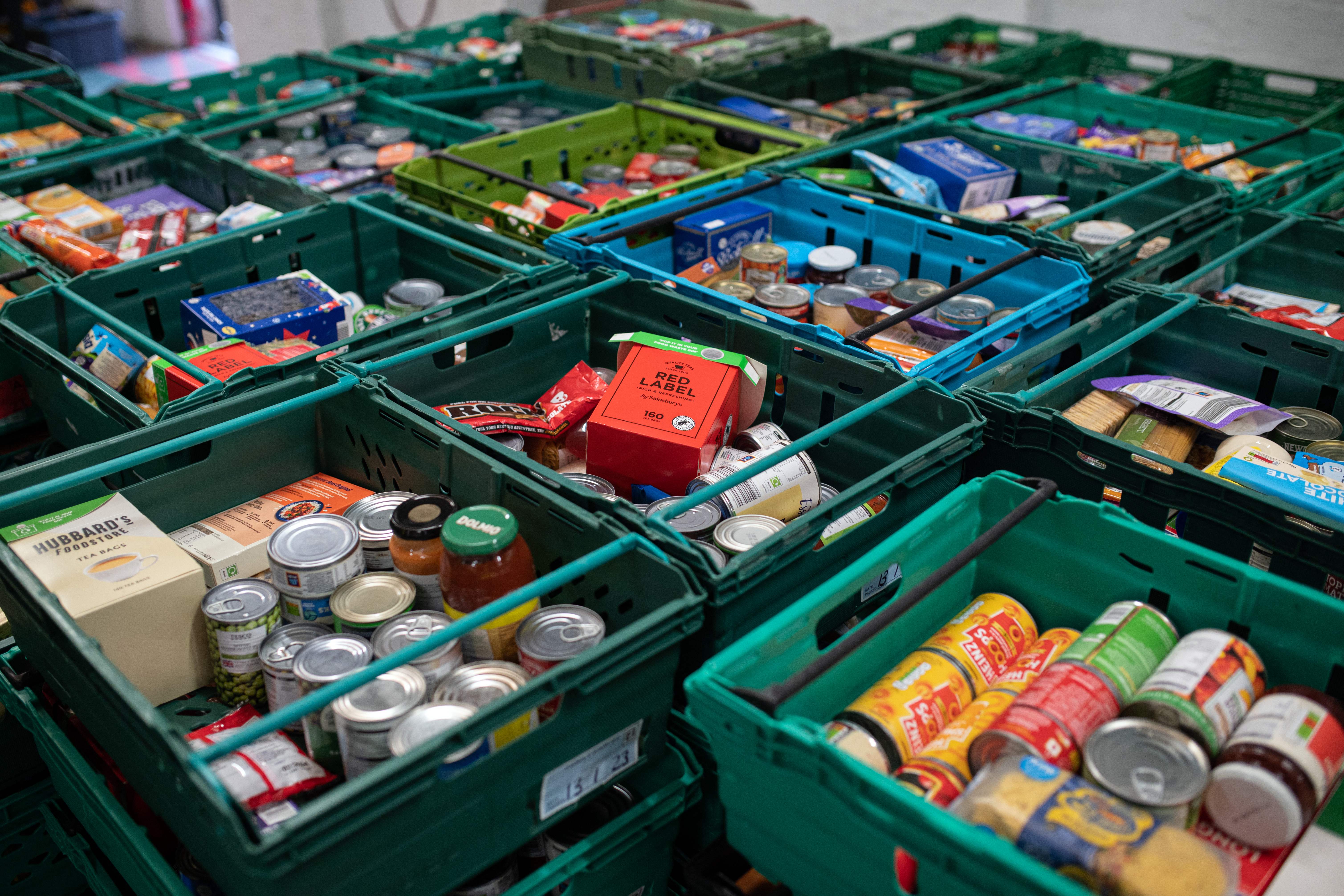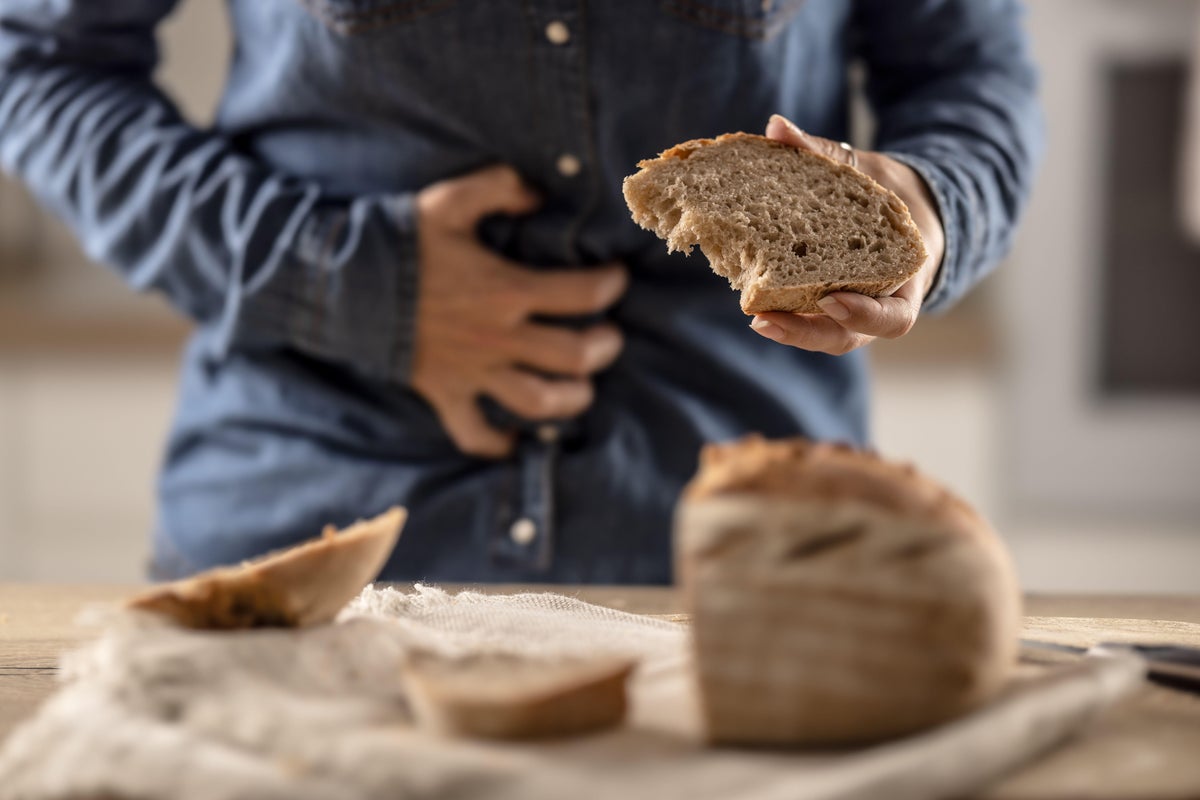Your support helps us to tell the story
From reproductive rights to climate change to Big Tech, The Independent is on the ground when the story is developing. Whether it’s investigating the financials of Elon Musk’s pro-Trump PAC or producing our latest documentary, ‘The A Word’, which shines a light on the American women fighting for reproductive rights, we know how important it is to parse out the facts from the messaging.
At such a critical moment in US history, we need reporters on the ground. Your donation allows us to keep sending journalists to speak to both sides of the story.
The Independent is trusted by Americans across the entire political spectrum. And unlike many other quality news outlets, we choose not to lock Americans out of our reporting and analysis with paywalls. We believe quality journalism should be available to everyone, paid for by those who can afford it.
Your support makes all the difference.Read more
Children in the North West with coeliac disease will no longer get gluten-free food on prescription to cut costs – with health bosses instead suggesting they could turn to food banks for help.
Around 40 per cent of independent care boards (ICBs) across the country have stopped providing gluten-free products to coeliacs, arguing they cost the NHS far more than they cost to buy in supermarkets.
Now, healthcare leaders in Cheshire and Merseyside have suggested children living in poverty could use food banks or food pantries instead – a decision doctors in the North West have described as “cruel and risky”.
The decision comes despite doctors who care for patients with coeliac disease – which affects around 1 per cent of people in the UK – being advised that the only effective treatment is a gluten-free diet, and if the condition is left untreated, it can result in “serious long-term complications”.
Clinicians and doctors have attempted to intervene and, in emails seen by The Independent, warned that the decision will drive inequalities, with families unable to afford food.
At a meeting in May, when the decision was made to cut prescriptions for both adults and children, executives for Cheshire and Merseyside ICB acknowledged the problem facing the poorest families.
One executive asked: “Have we established whether or not food banks and food pantries routinely have gluten-free products available, and if not, is that one of the mitigations that could be applied to make sure the most vulnerable do have guaranteed access through those mechanisms?”
Another said: “I’ll see if we can delve into the [food] pantries because I think that’s the area that perhaps we can have the greatest impact.”
During the heated meeting, a member of the public warned: “You are taking food out of children’s mouths… This area has got some of the poorest areas in the country. You’re handing a statutory duty [back] to charity, back to Victorian values. You’re a bunch of Marie Antoinettes, you all should be ashamed of yourselves.”

open image in gallery
Around 40 per cent of ICBs across the country have stopped providing gluten-free products to coeliacs (Alamy/PA)
The ICB decided to give a six-month extension to prescriptions for children, which is due to end in November.
Ahead of the change, one doctor levied a stern warning over the scale of the food poverty in the area, giving the example of a child with diabetes who was forced to have their emergency medication for hypoglycaemia for dinner because their family had no food.
The email, seen by The Independent, said: “I was utterly shocked and very sad if I’m honest – and I absolutely understand the concerns that this will drive health inequalities in families of kids with coeliac disease…
“The ICB’s mitigation strategy, which includes checking whether food banks stock gluten-free food – I think if they’re having to have this discussion, this isn’t a risk worth putting onto children. Their understanding of how people utilise food banks and pantries is actually quite optimistic and totally underestimates the risks.”
In another email seen by The Independent, a clinician said the ICB’s decision “shows a shocking level of ignorance”, warning of “short-term monetary gain which in the long term will cost much more than was saved”.
The NHS dietitian warned that the costs of care to the NHS for children impacted by the policy would increase, and warned of recent examples of newly diagnosed children who were “unable to afford gluten-free products and appeared hungry in clinic”.
Clinicians also warned that children who are unable to control it through their diet also carry a risk of developing gastric lymphoma and cancer.
Dr Helen Stewart, officer for health improvements for the Royal College of Paediatrics and Child Health, said: “Having to direct families to food banks is a much deeper systemic issue than just short-term food insecurity. It’s a symptom of rising child poverty and the fact that many families simply don’t have the income needed to provide a healthy, balanced diet for their children.
“Food banks should only ever be a stop-gap measure, and they cannot reliably guarantee access to the specific foods or nutritional needs that growing children have.”
Around 2,300 people across Cheshire and Merseyside, which have some of the most deprived populations in the country, accessed gluten-free food prescriptions before the cuts.

open image in gallery
‘Having to direct families to food banks is a much deeper systemic issue than just short-term food insecurity,’ says one expert (AFP/Getty)
Despite acknowledging concerns over the impact of the cuts on children, the ICB argued it should go ahead.
Coeliac UK found that 13 out of 42 integrated care boards have stopped prescriptions for gluten-free food, according to reports from the Health Service Journal.
The National Institute of Clinical Excellence, which advises on what medicines and products the NHS should provide, updated its guidance in June 2025 to acknowledge that the availability of gluten-free food on prescription varies widely across the UK and advises prescribers to “use their clinical judgement”.
It says a selection of gluten-free products can be prescribed on the NHS and are classified as “borderline substances”, meaning they may be regarded as equivalent to drugs for the management of health conditions.
A spokesperson for NHS Cheshire and Merseyside ICB said it had not included food banks as an “official mitigation” measure of the cuts and found that not everyone in the region had access to the same level of gluten-free food prescribing.
It added: “It is important that we take a consistent approach for our whole population, while at the same time making sure that NHS resources are being used as effectively as possible.”
Ahead of ending prescriptions for children in November, the ICB said GPs will write to those affected to signpost them to different options.

